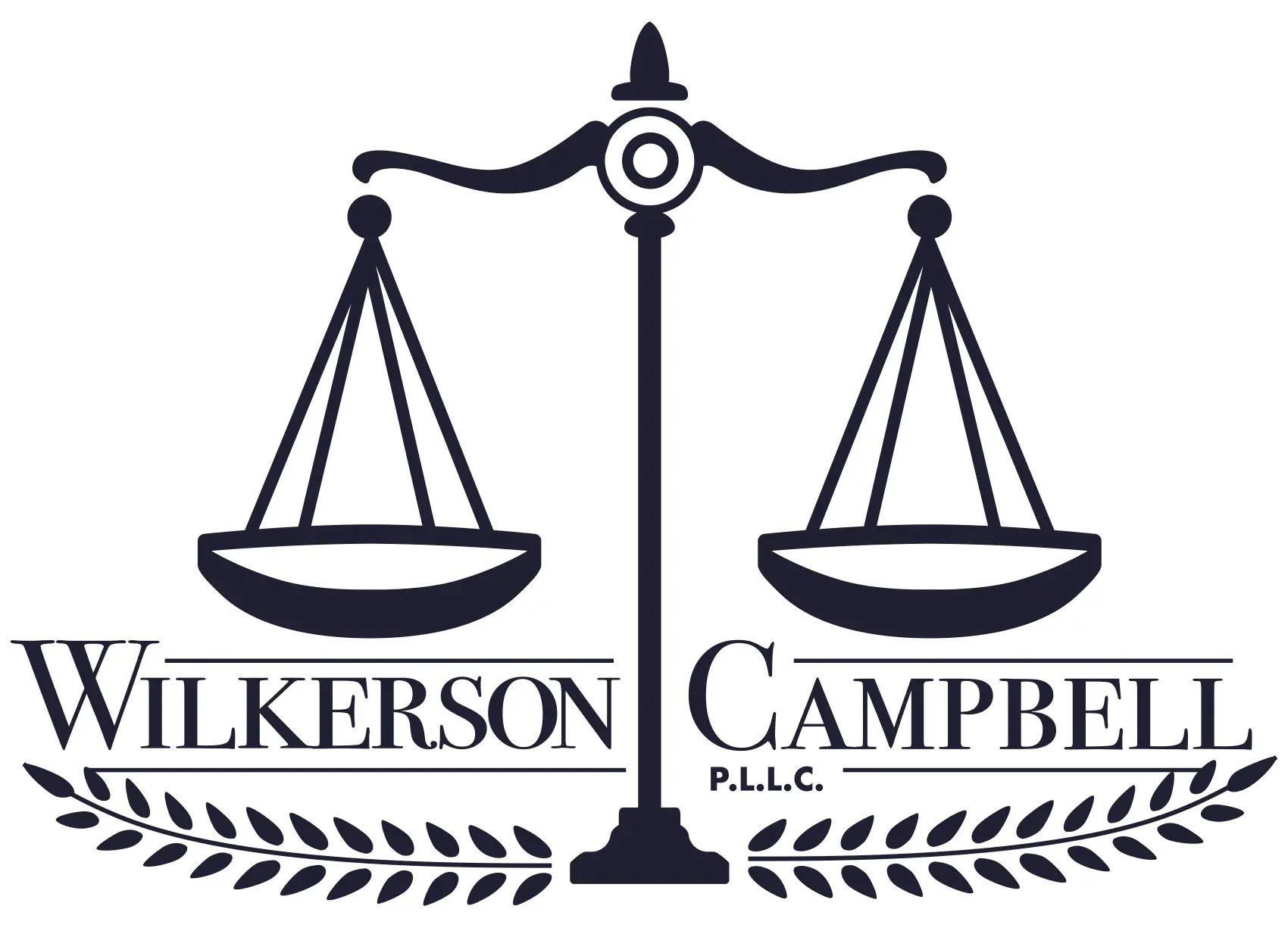Unauthorized Access to a Computer
Unauthorized Access to a Computer in Texas: Legal Overview and Penalties
In Texas, unauthorized access to a computer is addressed under Texas Penal Code §33.02, commonly referred to as the “Breach of Computer Security” statute. This law criminalizes knowingly accessing a computer, computer network, or computer system without the effective consent of the owner.(Findlaw)
Legal Definition
According to Texas Penal Code §33.02(a), a person commits an offense if they knowingly access a computer, computer network, or computer system without the effective consent of the owner. This encompasses actions such as hacking into systems, bypassing security measures, or using someone else’s login credentials without authorization.
Under §33.02(b-1), the offense is elevated if the individual accesses the system with the intent to:
Defraud or harm another(Texas Statutes)
Alter, damage, or delete property(Texas Statutes)
Obtain or use proprietary information
This provision targets activities like identity theft, data breaches, and cyberattacks.
Penalties
The severity of the offense and corresponding penalties depend on the circumstances and intent behind the unauthorized access:
Class B Misdemeanor: If the individual accesses a computer without effective consent.(Guest And Gray P.C.)
State Jail Felony: If the individual has been previously convicted two or more times under this chapter or if the computer system is owned by the government or a critical infrastructure facility.(Saputo ✭ Toufexis)
Class C Misdemeanor: If the intent was to defraud or harm another or alter, damage, or delete property, and the aggregate amount involved is less than $100.(Texas Statutes)
Class B Misdemeanor: If the amount involved is $100 or more but less than $750.(Findlaw)
Class A Misdemeanor: If the amount involved is $750 or more but less than $2,500.(Findlaw)
State Jail Felony: If the amount involved is $2,500 or more but less than $30,000.(Findlaw)
Third-Degree Felony: If the amount involved is $30,000 or more but less than $150,000.
Second-Degree Felony: If the amount involved is $150,000 or more but less than $300,000, or if the computer system is owned by the government or a critical infrastructure facility.(Findlaw)
First-Degree Felony: If the amount involved is $300,000 or more, or if the actor obtains the identifying information of another by accessing more than one computer system.(Findlaw)
These classifications reflect the seriousness of the offense and the potential harm caused by unauthorized access.
Legal Considerations
It’s important to note that the law distinguishes between unauthorized access and exceeding authorized access. Even if an individual has legitimate access to a computer system, using that access for unauthorized purposes can still constitute a violation under this statute.
Additionally, the law provides a defense if the individual acted with the intent to facilitate a lawful seizure or search of, or lawful access to, a computer system for a legitimate law enforcement purpose.(Findlaw)
Legal Assistance
If you or someone you know is facing charges related to unauthorized access to a computer in Texas, it’s crucial to seek experienced legal representation. Wilkerson & Campbell, PLLC specializes in criminal defense and is committed to protecting your rights.
Phone: 844-849-9789
Address: 2201 Main Street, Suite 206, Dallas, TX 75201
Categories
- No categories
